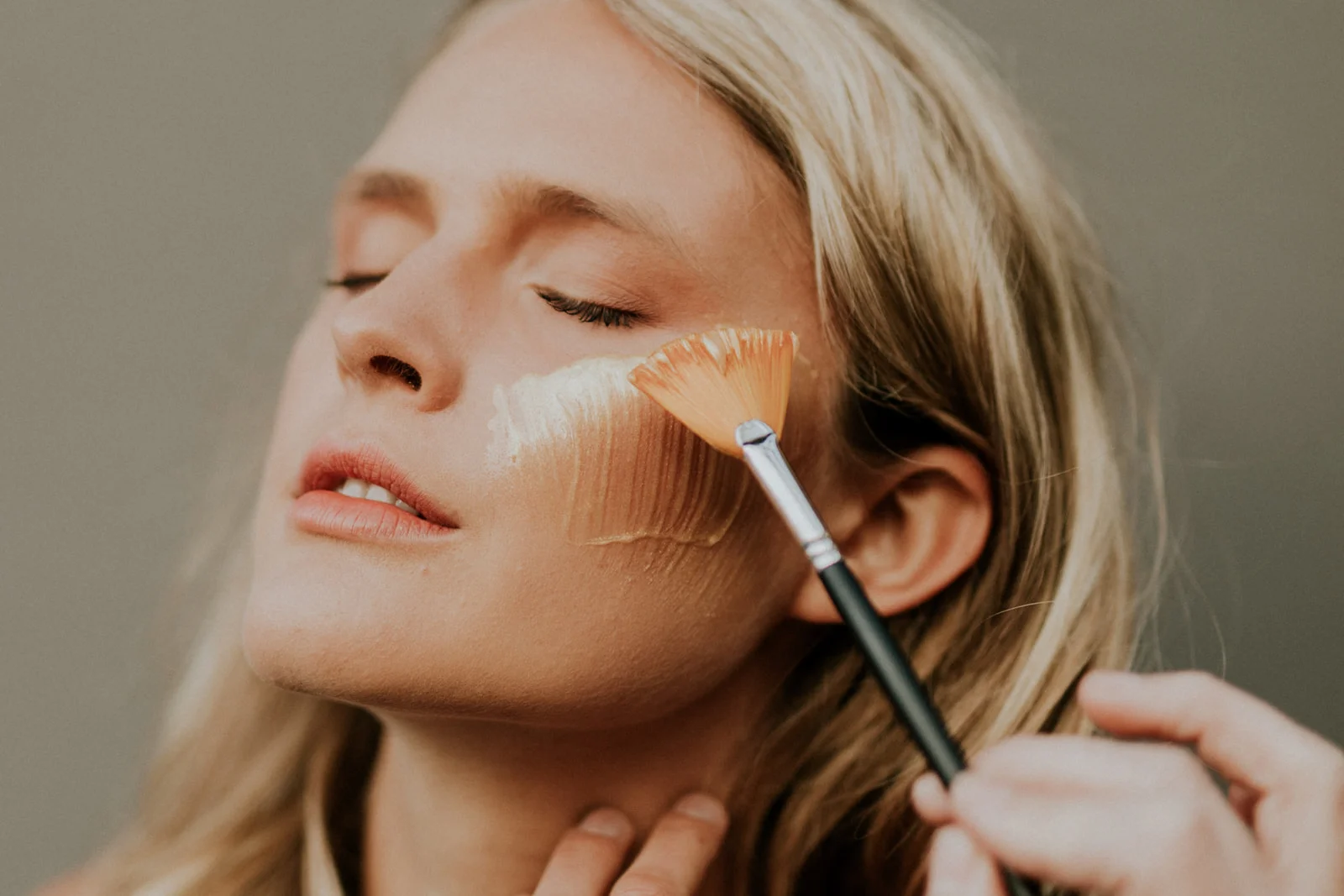Urban You Edu: Acids & Chemical Exfoliation
What do acids do for your skin?
Acids exfoliate the skin. Exfoliating your skin is important because if we don’t then dead skin cells will build up. Dead skin cell build up can lead to breakouts and dull looking skin. There are two kinds of acids and they exfoliate in different ways.
What are the two different types of acids?
AHA & BHA
AHA (alpha-hydroxy acids)
AHA’s are plant and animal derived acids. They can be found in toners, serums, creams as well as chemical peels.
AHA’s exfoliate on a surface level. Specifically, they dissolve the bond between your dead skin and new live skin. Once this bond is dissolved you’re left with soft, new skin!
Other pro’s of AHA’s are:
Promote collagen and blood flow
Correct discoloration from scars and age spots
Improve appearance of surface lines
Prevent acne breakouts
Brighten complexion
Increase product absorption (with your dead skin gone, product can easily absorb into your skin)
There are 7 types of AHAs:
Citric acid (from citrus fruits)
Glycolic acid (from sugar cane)
Hydrocaproic acid (from royal jelly)
Hydroxycaprylic acid (from animals)
Lactic acid (from lactose or other carbs)
malic acid (from fruits)
Tartaric acid (from grapes)
Out of all the AHA’s, glycolic and lactic acids deliver the best results and are well researched.
What does it mean when a % is associated with my AHA?
The percentage represents the concentration of AHA in a product. Low % (like 5) are okay to use daily. Others with 30% require you leave on for a couple minutes and wash off with water. Be sure to read the instructions before using a new acid.
BHA (beta-hydroxy acids)
While there are multiple AHA’s, salicylic acid is the only BHA (Citric acid can be a BHA & AHA depending on its formulation.) . Salicylic acid is derived from willow bark and sweet birch.
BHA’s is preferred by those with oily, acne prone skin and works best for knocking out blackheads and whiteheads.
BHA’s are oil soluble and can penetrate your pores and exfoliate on a deeper level. They clean out the pores from within.
Things to be Aware of
Acids can be irritating to your skin because they’re active ingredients that are heavy hitters. It’s normal to experiences slight burning and itching when introducing acids into your routine. It may take your skin a few weeks to get used to the active ingredients.
If you’re using an acid be sure to use a broad spectrum sunscreen to protect your skin. The use of acids can make your skin sensitive to sunlight.
Facial/Peels that Chemically Exfoliate
Sometimes we just don’t do a good enough job washing our faces. Having routine facial peels aren’t just a great way to relax, they’re very beneficial to your skin and its appearance.
Peeling is exfoliation. When your skin peels or flakes after your treatment, your skin is shedding the dead or damaged surface cells to reveal new, healthy skin cells on the surface. Supporting the cell turnover process with chemical peels allows the skin to bring new, fresh skin to the surface free from signs of aging, sun damage, dirt, and debris. The result is glowing skin.
Peels are easy to work into a busy lifestyle. There is minimal downtime with chemical peels. Following a post-procedure regimen recommended by your Medical Aesthetician following your treatment will maximize your results. You should avoid anything that causes sweating for 48 hours after treatment. You may peel for a few days after your initial 48 hours after your treatment.
Facial peels that would be beneficial and exfoliate are:
Dr. Dennis Gross Glow Peel
The Brightening Peel
PCA Ultra Peel
Light & Bright Peel
SkinMedica Illuminize Peel
SkinMEdica Vitalize Peel
SkinMedica Rejuvenize Peel
Due to the unique nature of skincare services, we recommend scheduling a complimentary consultation with one of our medical estheticians at either of our locations.

